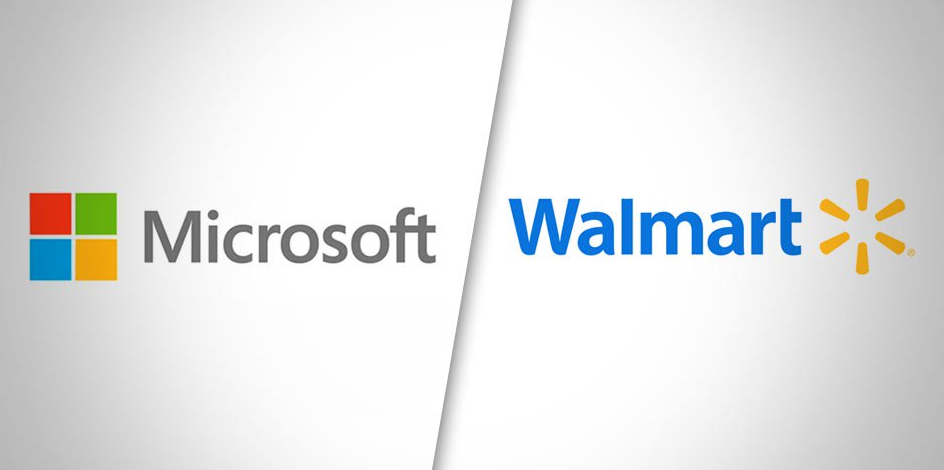Walmart has teamed up with Microsoft in their bid to buy TikTok, as the bidding war for the social video sharing app heats up in the US.
TikTok’s Beijing-based parent company, ByteDance, is nearing an agreement to sell its U.S., Canadian, Australian and New Zealand operations in a deal that’s likely to be in the $20bn to $30bn, according to industry analysts.
Walmart is pursuing the acquisition at a time when it’s trying to better compete with Amazon.
In a statement, the US supermarket giant said TikTok’s integration of e-commerce and advertising “is a clear benefit to creators and users in those markets.”
Walmart plans to launch a membership program, called Walmart+, soon. The subscription-based service is the retailer’s answer to Amazon Prime, which includes original TV shows and movies.
In a statement, the retailer said: “We believe a potential relationship with TikTok US in partnership with Microsoft could add this key functionality and provide Walmart with an important way for us to reach and serve omnichannel customers as well as grow our third-party marketplace and advertising businesses.
We are confident that a Walmart and Microsoft partnership would meet both the expectations of US TikTok users while satisfying the concerns of US government regulators.”
The deal, if approved, would give Walmart and Microsoft access to hundreds of millions of consumers who could buy their products or become a lucrative audience for ads. In a filing this week, TikTok said it has nearly 100 million monthly active U.S. users. That’s up nearly 800% from January 2018.
With Walmart’s confirmation, it joins several others trying to acquire the tech company, including Oracle.
Yuval Ben-Itzhak, CEO, Socialbakers, said: “TikTok is better suited to operate independently, regardless of being owned by an American company or one from another country. This will allow TikTok to maintain its focus and grow at the speed of social as we currently know it.
“Connecting TikTok with any slow-moving organisation whose day-to-day core function is not social, will ultimately not be good news for its users.”

